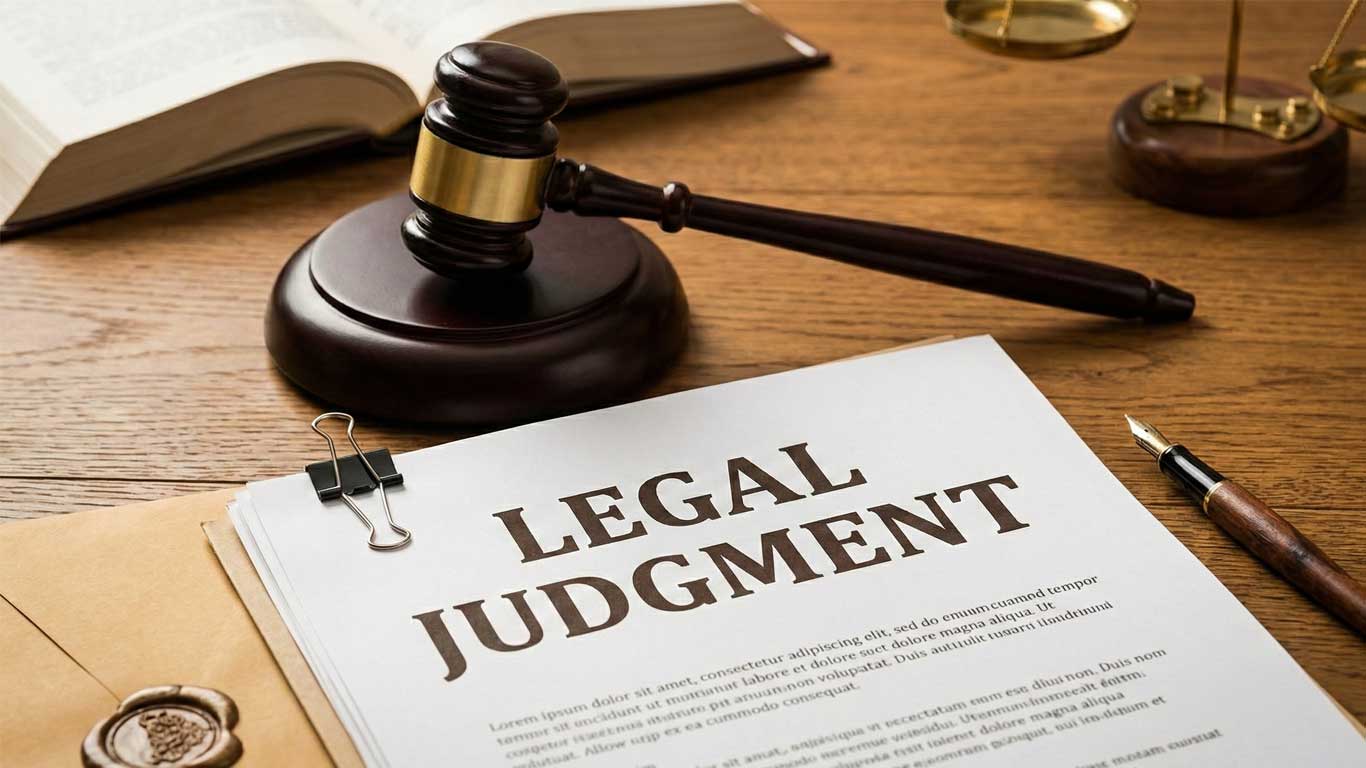
The U.S. District Court for the District of Columbia has dismissed a lawsuit filed by John William Liccione, deeming his claims “patently frivolous” and lacking a substantial federal question. The court’s decision, issued on October 3, 2025, ends the case against VR Systems, Inc., its CEO, and numerous government officials.
The Core of the Lawsuit
Liccione, representing himself in the case (also known as proceeding “pro se”), alleged a wide-ranging conspiracy that, according to his complaint, began with falsified ballot records that impacted elections in which he participated. He claimed that despite his attempts to get various officials to investigate, he received no response.
Allegations of Conspiracy and Threats
The complaint goes on to allege that federal government defendants bribed a potential witness to stay silent. Liccione also claimed he received anonymous emails threatening him with detention, deportation, or worse. These emails, he said, indicated his name was “on The List.”
Adding to the complexity, Liccione included intelligence, referred to as “Radio Putin,” suggesting a conspiracy between Vladimir Putin and Donald Trump to have him assassinated. He further claimed the National Security Administration had hacked his devices, and that Russian officials had accessed his files. The complaint also stated that the President was caught on a hot microphone mentioning Liccione by name, seemingly predicting his death.
Damages Sought
Liccione sought over $50 million in compensatory damages and over $200 million in punitive damages, along with other statutory damages and injunctive relief.
The Court’s Reasoning
The court, in its memorandum opinion, acknowledged that it holds complaints filed by individuals representing themselves to a less strict standard than those drafted by lawyers. However, the court found Liccione’s claims to be “clearly fantastic, delusional, and essentially fictitious.” The court cited legal precedent, including *Hagans v. Lavine* and *Tooley v. Napolitano*, which state that federal courts cannot entertain claims that are “so attenuated and unsubstantial as to be absolutely devoid of merit” or “obviously frivolous.” The court also referenced *Best v. Kelly*, which defines frivolous claims as those that are “essentially fictitious” and advance “bizarre conspiracy theories.”
Dismissal and Next Steps
Based on this reasoning, the court dismissed the complaint and the entire action due to a lack of subject matter jurisdiction. A separate final, appealable order accompanied the memorandum opinion. This means the case is officially closed, unless Liccione chooses to appeal the decision to a higher court. Given the nature of the claims, the likelihood of a successful appeal is considered low.